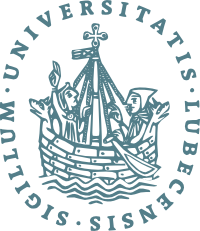In the course of this case study, the challenge was to develop a car computer, that facilitates energy saving, and itself works in a power-efficient way. A framework to link vehicle and external agents (for example smartphones) was developed. This framework is based upon various embedded hardware platforms that are attached to the onboard control units of the car, and it provides services to external and internal agents, such as the on-board computer Interfaces are provided to allow application developers to provide custom, helpful applications




 WS-RV is a framework to integrate Runtime Monitoring seamlessly into Service Oriented Architectures and other environments using XML Web Services as middleware. WS-RV is based on the Java API for XML Web Services (JAX-WS). The basic concepts of the framework are Interceptors, Monitoring Services and Monitors. Interceptors can be attached to the Java Webservices Stack and send messages to Monitoring Services. Monitoring Services can be deployed to arbitrary Web Service Containers and mangage serveral monitors. Monitors check the observed sequence of messages with respect to some temporal correctness properties. These properties are specified in a high level language based on XML and are automatically synthesised during initialisation of the corresponding monitoring service.
WS-RV is a framework to integrate Runtime Monitoring seamlessly into Service Oriented Architectures and other environments using XML Web Services as middleware. WS-RV is based on the Java API for XML Web Services (JAX-WS). The basic concepts of the framework are Interceptors, Monitoring Services and Monitors. Interceptors can be attached to the Java Webservices Stack and send messages to Monitoring Services. Monitoring Services can be deployed to arbitrary Web Service Containers and mangage serveral monitors. Monitors check the observed sequence of messages with respect to some temporal correctness properties. These properties are specified in a high level language based on XML and are automatically synthesised during initialisation of the corresponding monitoring service.